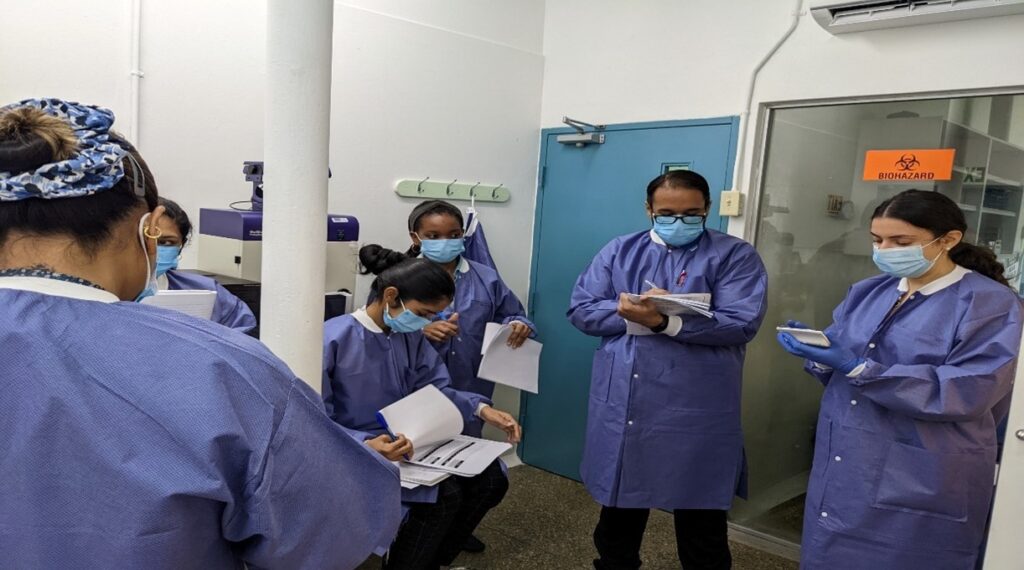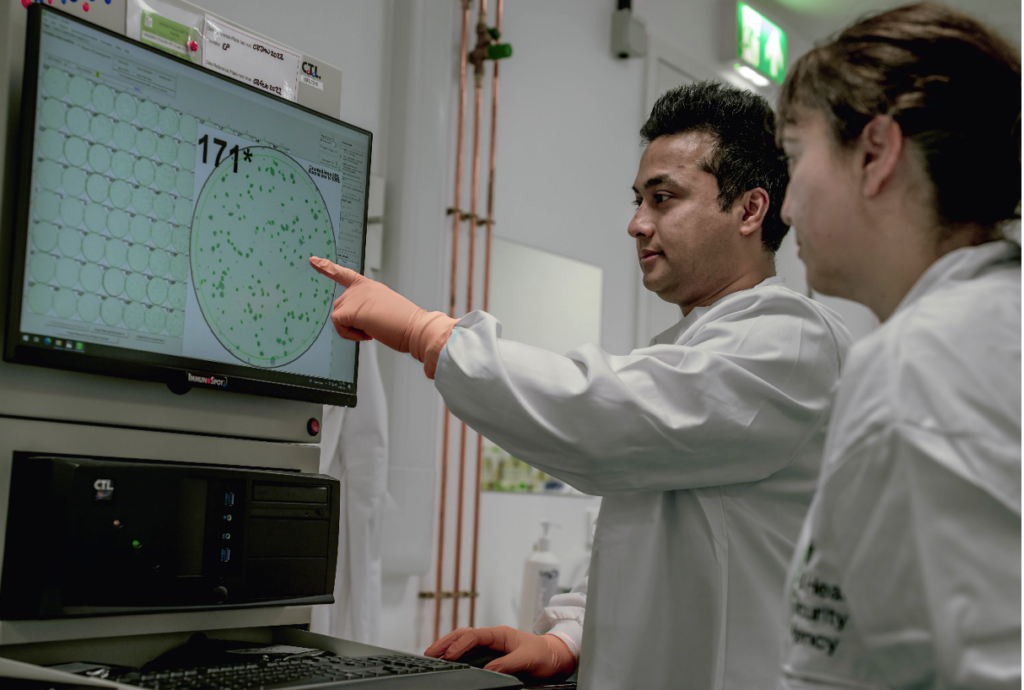The fight against antimicrobial resistance: progress and challenges

Antimicrobial resistance (AMR) - when microbes evolve to resist the medicines designed to kill them - is an urgent global threat. In England, resistant infections rose by 4% in 2022 after decreasing during the pandemic. Action is needed to curb …









